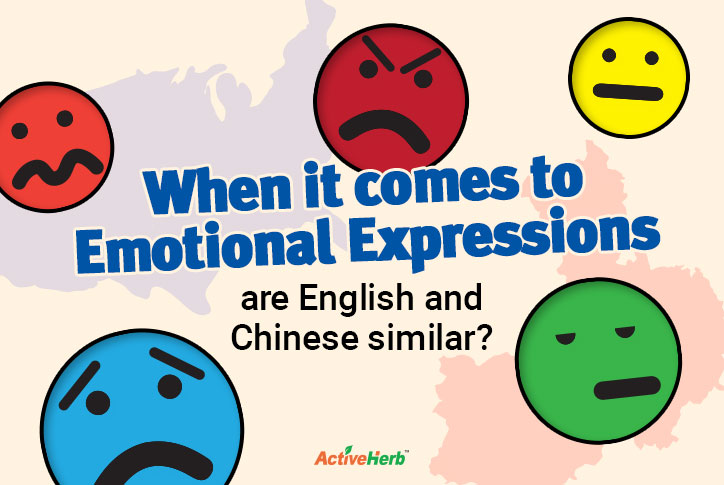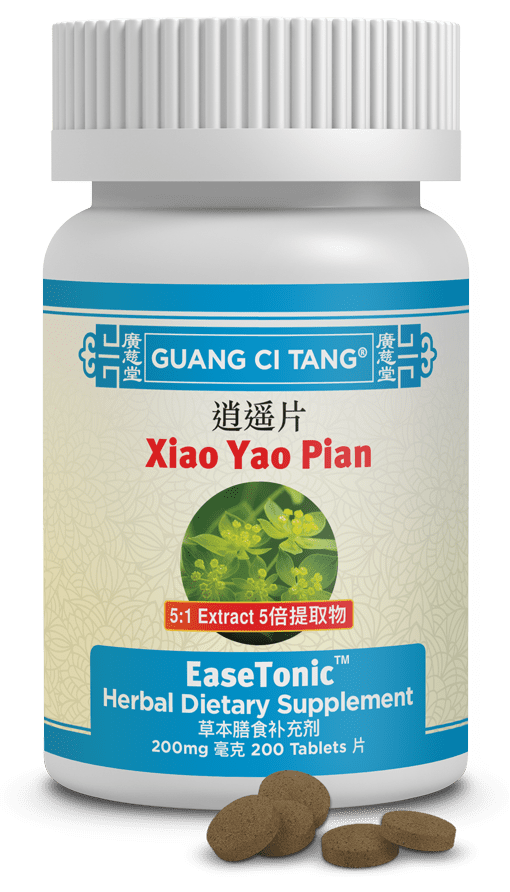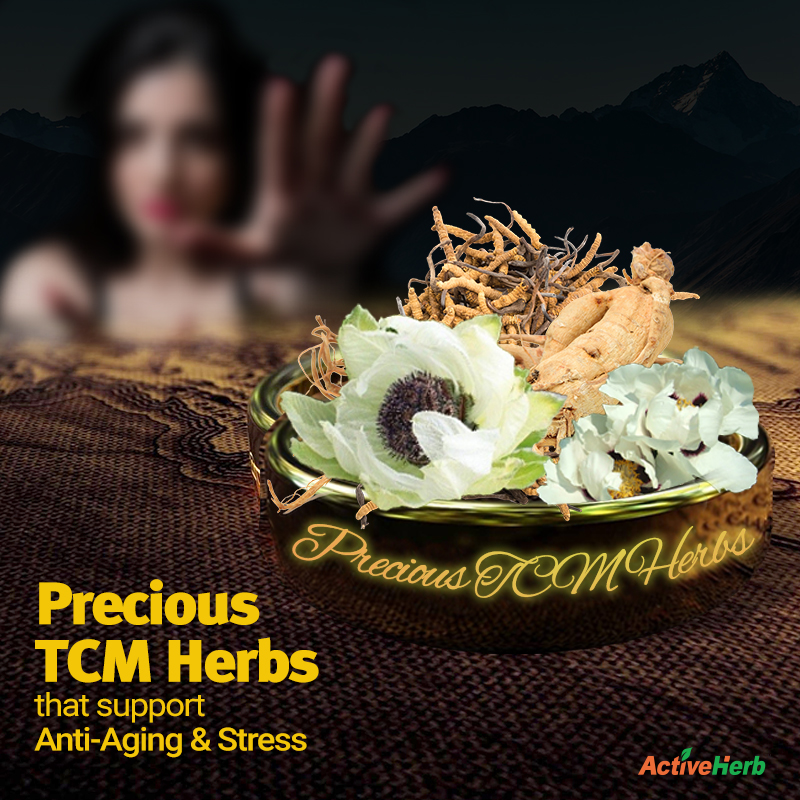Emotionally Aligned: 6 Common Expressions in English and Chinese

Shortly after my mother passed away a couple of years ago, I was experiencing discomfort in my chest. “Do I have a heart condition?” I wondered. Worried I might need to see a cardiologist, I told my brother what was happening. It turns out that my brother, who lives in China, was experiencing a similar sensation, a tightness in the chest. We both realized that we were 心碎了(Xīn suìle), which in Chinese means the same thing in English: heartbroken.
My brother and I realized what we felt physically must be related to emotional sorrow. According to TCM theory, our Heart organ systems became stressed. After the death of a loved one, that’s only natural. In TCM, the Heart (not just the physical organ but the entire organ system) houses the Shen, which encompasses consciousness, emotions, and mental functions. A balanced Heart is associated with clarity of thought, joy, and emotional stability. Obviously, after my mother’s passing, joy was lacking.
Grief is a natural emotion, and talking about it helps restore balance to the Heart organ system. For centuries, Chinese herbal formulas such as Gan Mai Da Zao Pian have also helped calm the spirit and mend a broken heart after a life-altering event.
But “heartbroken” isn’t the only emotional expression similar in Chinese and English.
Hot-Headed
Known as 性急 (Xìngjí), hot-headed means being quick to anger. If someone cuts you off in traffic, do you repeatedly honk your horn and shout obscenities at the other driver? Even if the other driver is at fault, it never pays to be 火气很大 (Huǒqì hěn dà). Being hot-headed can have various consequences on both physical and mental health, including Liver Fire Rising, which disrupts the smooth flow of Qi (vital energy) in the body.
Chronic anger produces excess accumulation of Heat in the body, disrupting the body’s balance of Yin and Yang. This may manifest as symptoms such as headaches and insomnia. Because the Liver system also ensures the smooth flow of Qi in the digestive system, being hot-headed can cause illness in the GI system.
Hot-headed people are also more likely to have cardiovascular problems, weakened immune systems, and mental health imbalances.
Meditation, deep breathing, and other anger-management techniques can improve Liver Fire Rising. So may Liver FireClear.
Cold Feet
Nervous about the upcoming wedding? In Chinese, this is a sign you’re having 临阵退缩 (Línzhèn tuìsuō) or cold feet. Having cold feet before a major life event or an important meeting is understandable. However, chronically being nervous about everyday tasks that require leaving the house indicates an imbalance in the Heart organ system. Frequent nervousness may also be a sign of Kidney Yin deficiency.
For Cold Feet, you may benefit from calming your spirit with SpiritCalm.
Green With Envy
Do you often get jealous of others? Being green with envy may be a natural human emotion from time to time. A twinge here and there of jealousy won’t harm your Shen (spirit) too badly, but often, being green with envy is certainly nothing to envy. In Chinese the phrase is 妒火中烧” (Dù huǒ zhōng shāo).
Like anger, chronic jealousy may cause Liver Qi Stagnation, which can, in turn, lead to Blood stagnation. Blood stagnation can manifest as pain, as well as emotional symptoms such as depression and a feeling of being emotionally stuck. Nobody will be green with envy if you have Liver Qi Stagnation, which may be managed with EaseTonic.
Sick To The Stomach
Whether it’s because of a strong noxious odor or an emotional factor such as a breakup, feeling sick to the stomach is unpleasant. The expression in Chinese, 恶心得要吐 (È xīn de yào tù), loosely translates as nauseous. To eliminate that unpleasant feeling, try Stomacare, a TCM formula with ginger and a dozen other Chinese herbs.
Light-Headed
If you’re feeling 头晕目眩 (Tóu yūn mù xuàn), take comfort in the fact that it’s temporary and better than being hot-headed. Of course, feeling dizzy is never pleasant, and its root cause can differ from person to person. For example, being light-headed can indicate Liver Qi stagnation, Liver Blood Deficiency, Kidney Qi Deficiency (of either Yin or Yang), or Spleen Qi Deficiency. A TCM formula that dates back to the 13th century may help you feel more balanced: Ban Xia Bai Zhu Tian Ma Pian, aka BalanceEZ.
No matter how you say it, TCM can help safely balance negative emotions. After all, happiness is a state of mind. Or, as they say in China, 幸福是一种心态 (Xìngfú shì yī zhǒng xīntài).
Do you know any other phrases that share similarities in Chinese and English? Share below.







